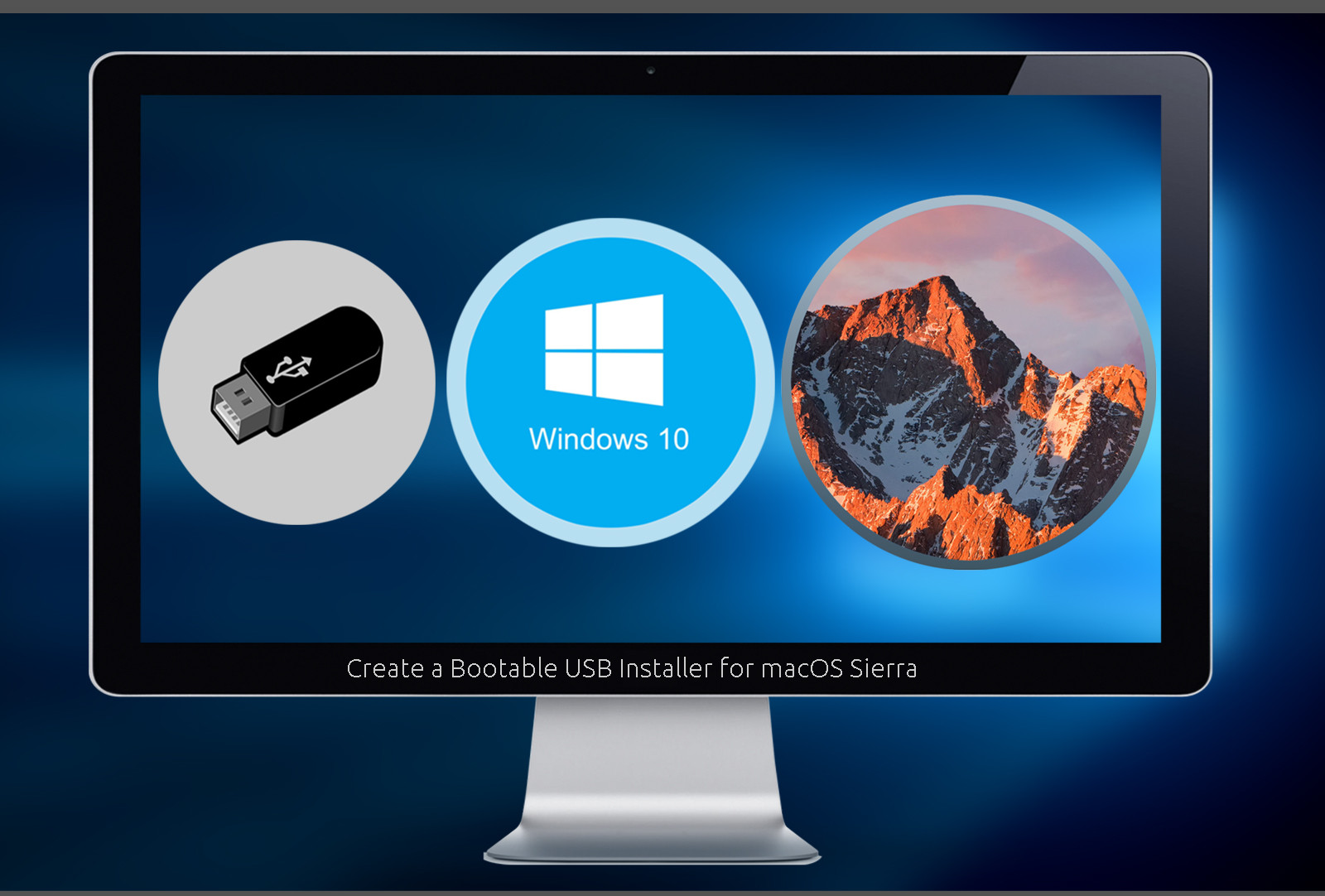
- OSX HIGH SIERRA USB HOW TO
- OSX HIGH SIERRA USB INSTALL
- OSX HIGH SIERRA USB UPDATE
- OSX HIGH SIERRA USB SOFTWARE
- OSX HIGH SIERRA USB DOWNLOAD
If you look through other guides, they almost always recommend creating a complete backup of your existing operating system.
OSX HIGH SIERRA USB DOWNLOAD

Primarily, you’ll be looking at UniBeast and MultiBeast.
OSX HIGH SIERRA USB SOFTWARE
You need to have an account so that you can download some of the software and tools that you’ll need to get started. Software and Tools You’ll Need to Get Startedīefore we get started, you’ll need to sign up for tonymacx86. New to hackintosh, learn more in our what is a hackintosh? guide. You’ll need a few things before going through this guide on top of a computer that can obviously be made into a Hackintosh.
OSX HIGH SIERRA USB INSTALL
We’ll walk you through a fresh install of the macOS, High Sierra operating system afterwards.
OSX HIGH SIERRA USB HOW TO
That should be all there is to it! Many thanks to all those on who proposed various solutions.Want to install High Sierra on a Hackintosh and have no idea how to even get started? Well, sit down with a cup of coffee and read through our guide.

(34000) Error Domain=MCCloudConfigurationErrorDomain Code=34000 "The device failed to request configuration from the cloud." UserInfo= Type Y Ĭheck to see whether the enrollment calls are being blocked by typing 'sudo profiles show -type enrollment' Now you will be asked to asked whether you want to save and to enter Y for yes and N for No. Use Arrow key on your keyboard to move the cursor to the last line and type the following lines: Type in terminal: sudo nano /private/etc/hosts. I googled editing the hosts file, and the trick appears to be to use the nano editor: You can edit the hosts file in Terminal while logged in normally, although not using those "echo" commands (even typing 'sudo echo "0.0.0.0 " > hosts' gave the error 'permission denied: hosts'). There's no need to reboot into Recovery Mode, disable SIP or FileVault, or move/disable the plists controlling the daemons related to device enrollment and management. Here's what worked for me:Įditing the hosts file appears to have worked all by itself. I believe that there's an easier way, one that does incorporate some of the steps above. When all done and in the admin account it was possible to connect internet and have been rebooting it numerus times now and did not get the enrollment prompt again. Skip it until you can click "Continue without an internet connection" and complete setting up the admin account and other features as prefered. Type carefully the next commands to send inquiries to blackholeĮcho "0.0.0.0 " > hostsĮcho "0.0.0.0 " > hostsĮcho "0.0.0.0 " > hostsĪs going through setup, when prompted to establish a internet connection do not allow the connection. Mv LaunchDaemons/* LaunchDaemons.disabled/ Mkdir LaunchDaemons.disabled LaunchAgents.disabled Type carefully the following commands in Terminal to prevent the MDM robots starting up


Booted again to USB and continued like usual.
OSX HIGH SIERRA USB UPDATE
With a wifi or ethernet connection it went through the installer update and was happy. It failed until the internet connection was established. Apparently the installer needs to peek at Mac server to see if it knows the Mac is enrolled in a management scheme and update, or it may be confused by mac T2 chip. Choose to boot from USB Key - On this attempt, there was a message stating "A software update required to use this startup disk".Press Option Key as soon as u see the Mac apple.Create USB boot stick with free program DiskMaker X.Download Catalina from Apple Store to a working Mac.Either way, the main disable happen from recovery mode. It used a USB for fresh install but the process may also work with a recovery mode configuration on a mac that is running already. This process worked to get a 2018 mac from eBay working with fresh install Catalina.


 0 kommentar(er)
0 kommentar(er)
